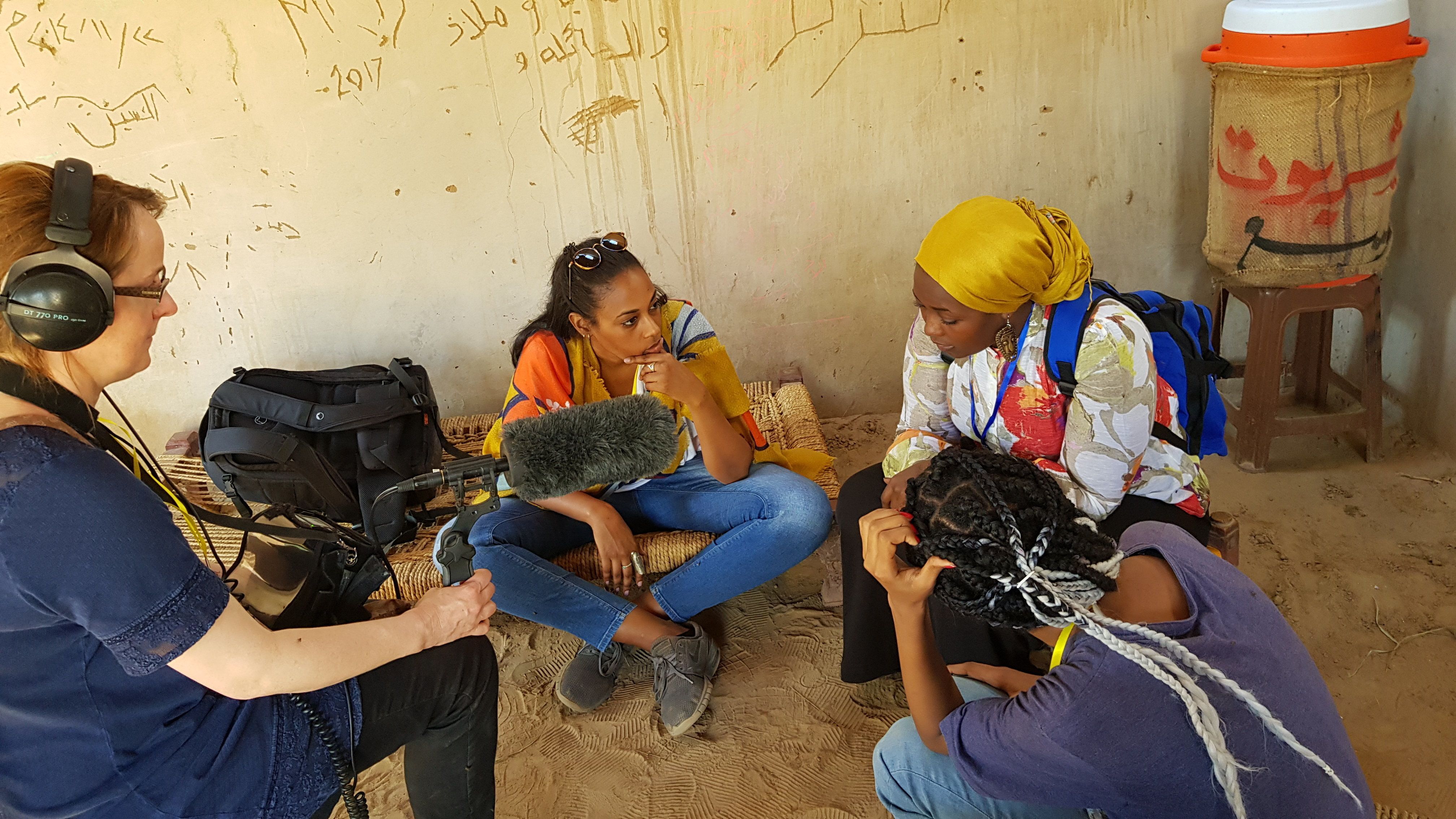This New Documentary Explores the Golden Age of Sudanese Music
Sudanese journalist Yousra Elbagir searches for what was lost in part one of her BBC Radio 4 documentary, "No Singing, No Movement."
A new documentary aired on BBC Radio 4 today that takes a deep dive into Sudan's lively musical past.
"I've always known growing up that music was a crucial part of my Sudanese identity—a way for me to connect with my homeland from the UK," Sudanese journalist Yousra Elbagir says. "But, I'm curious to find out what Sudanese music means within its own environment. Not only how it connects us to Sudan, but how it connects us to the world. And I want to find out what was lost."
In the first part of "No SInging, No Movement,"Elbagir investigates her homeland's past and present, in light of the abrupt changes that came from Islamic rule in the 1980s.
You'll hear Elbagir speak with her mother, as she reminisces the days where Louis Armstrong and Ray Charles would come to their country to perform, as well as an introduction to the height of Sudanese music between the 1950s and the 1970s—including the ever popular girl group, The Nightingales.
Elbagir explores the changing atmosphere during that period, including the 80s and early 90s, the restrictions brought in after Sudan's 1989 coup, and digs into what music means in a country that's come up against famine, civil war and economic and political crisis. She looks to legendary musician SharhabeelAhmed, who managed to stay on track, for perspective and insight.
Listen to the first part of the documentary here - No Singing, No Movement: Part 1, and stay tuned for part two soon.
